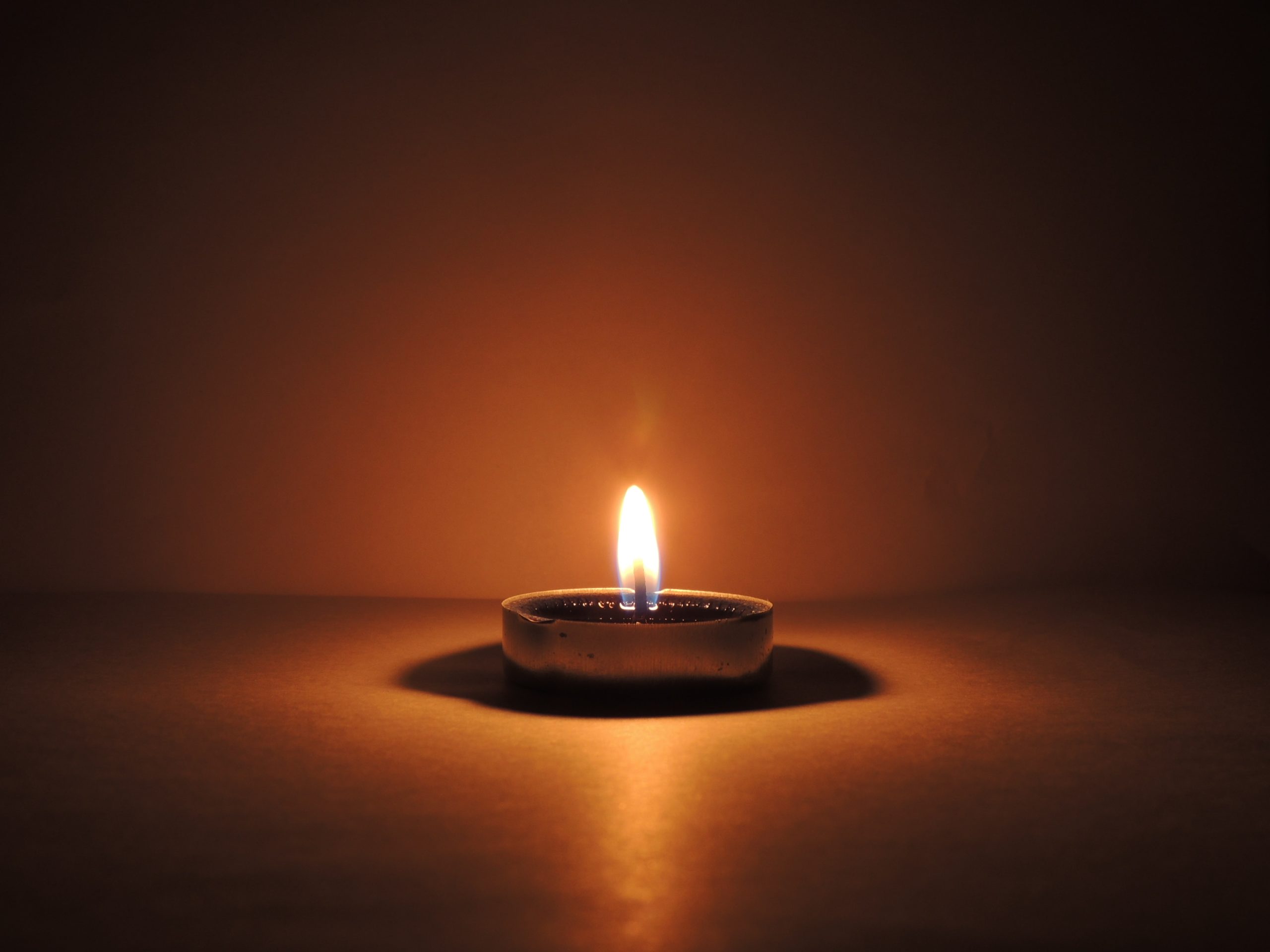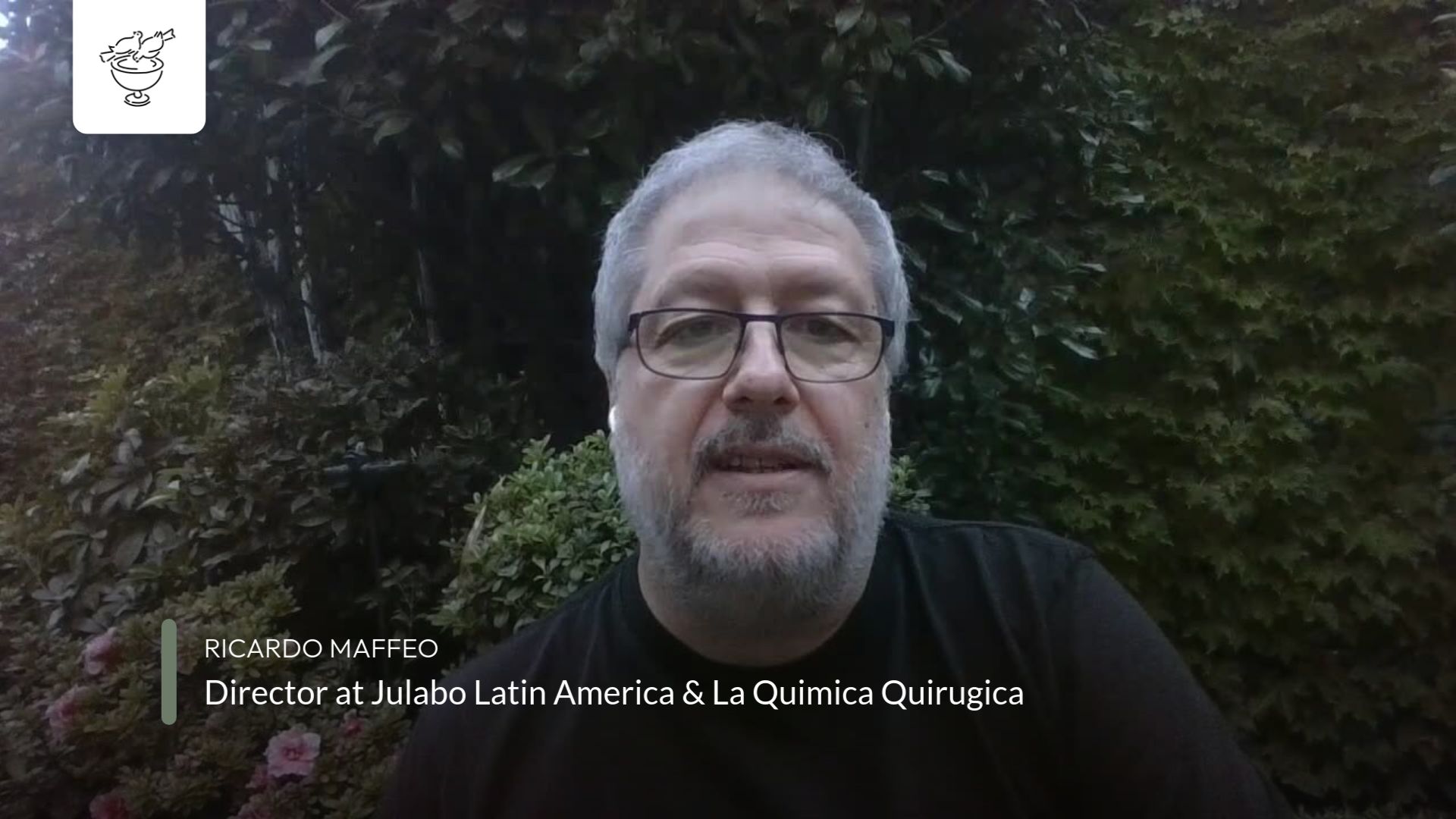‘Love – stronger than Death and harder than Hell’ – Meister Eckhart
I lived at Meditatio House for 3 months towards the end of 2014. I came primarily wanting to deepen my meditation practice, and hoped that living in the house where there was the discipline of three communal meditations a day would help me establish a regular meditation practice which I was struggling to do in my ‘normal’ life. To meditate itself requires an initial leap of faith- aside from an intuition that this is something important, it requires some kind of faith to keep persevering in daily meditation when the fruits of it are not immediately obvious and when it’s sometimes a struggle. The structure of the house enabled me to keep persevering through ‘bad’ meditations in that the choice was taken away from me, no matter how I was feeling or what had happened, we meditated three times a day. This was crucial for allowing my experience of meditation to deepen over time- it also helped to develop meditation as a ‘habit’; something that I need to do daily as much as brushing my teeth. But what I also received from living in the house was much more than that, in a way that was completely unexpected.
At Meditatio House, control is taken away from us over two things that we all value the most but probably appreciate the least: time and space. In terms of time, meditation and the Divine Office is set three times a day, with daily meetings for the Rule of St Benedict, daily communal lunches, weekly team meetings, chores, activities, guests and other events planned at the house that are largely out of our control or consultation. Time becomes a precious commodity that must be negotiated with the schedule of the house and the other oblates, and which can also change as the unexpected regularly occurs. In terms of space, anything outside of our bedrooms was technically communal space, open to people who worked upstairs in the International Office and to guests and visitors. But this space was also our home in which we lived, ate and slept in so the usual boundaries between ‘work’ and ‘home’ were blurred. In addition, also out of our control was who would come to visit as guests or for events, and who lived with us in the House as oblates. As you can imagine, my one day off a week became a much cherished and much needed necessity.
It was only really after sometime during my stay that I realised this was the whole purpose of the house, rather than an inconvenience that has to be put up with. Because then challenging the ego becomes a very real thing, not just something read or talked about, or something restricted to the meditation room. Removing the ego from the centre becomes not just a thought about what we ‘should’ do but a challenge for us in daily life together at the House, where the will to power, prestige and control are tested in everyday, mundane ways in the “daily rub of communal life”; where the needs and expectations of others jostle alongside our own.
In the House we attempt to practice the demanding ethic of hospitality and of welcoming all. The hardest part of this was being seen as always available, whether it was from the other oblates, the office, or guests in a way that was emotionally and physically draining. On some days it felt like there was no off-switch or place to retreat to, unless it was your bedroom or outside of the house. Going to the kitchen for a cup of tea, you might run into someone when you least feel like talking. Visitors who come to the house for an event might want to stay and chat when all you wanted to do was go to your room exhausted. You had to be open to and available for people who you may not like. It made me feel not in control of my availability to others, which I also realise now was the (painful) point. As Rowan Williams states, “the daily dying, daily taking of the cross, is precisely this exposure of the self to the devouring needs of others”. Notice though how he uses the word “exposure” rather than “door mat”: it’s less about fulfilling everyone’s demands than it is about willing to expose ourselves to it and dealing with it, which at various times can mean setting limits with others and challenging their encroachment on our boundaries; an art form in itself. This is challenging, but another thing I also realised about living in community is that it’s not about the ideal, but about the actual experience itself of doing, ‘failing’ and learning.
If I could characterise time at the House by one thing, I would say that it is an encounter with our delusions, as well as the delusions of others (though of course, it is always much easier to see others’ self- delusions first). In Meditatio House, we have to walk the walk, not just be able to say the right things. It is to be exposed in a very real and necessary way; where we see others and others see us not only by what we say but more importantly by what we do and how we are present. There are much less places to hide in Meditatio House. In the way that life is structured and lived at the House, how often we delude ourselves becomes much more obvious. How much there can be a difference between what we believe of ourselves, what we say to others; and what we actually do. How much we actively fight for recognition, status and power even as we believe that we are being faithful and selfless. How much we are resistant to reality and to what is happening when it doesn’t conform to what we want or need.
But maybe it is only in the recognition of that gap, in that disconnect between our illusions and reality that humility can truly occur. Humility that is accompanied by pain; to realise that we are not what we like to present ourselves to others, that we always have ulterior motives, that we want to think of ourselves as good or better. Challenging illusions is painful and always come at what feels like a real cost, because it is played out in real action. Perhaps that is the sign that our ego fantasies are really being challenged, as it always involves a continual stretching of our limits. Otherwise the things that we speak of and pray for like humility, patience, faith and ultimately love are just mere words that we use to make ourselves feel good, a form of spiritual delusion and false consolation. Perhaps true humility then is always a kind of crucifixion. In the Gospel, Peter saw his delusions break at the crowing of the cock after his denial of knowing Jesus, when he realised that he was not the disciple he thought he was; it sent him weeping on his knees. But maybe it is only in this experience of seeing through our delusions and in accepting its reality, that an immeasurable gift is given us: the seeds of faithfulness. I discovered over time that living in community was about trying our best to be faithful, in all senses- faithfully coming back to the mantra during meditation when the mind is distracted, faithfully turning up to and maintaining a meditation practice, and most importantly remaining faithful to the experience of living together in community. Being faithful to the experience by accepting to be continually exposed to and present with all aspects of it, both pleasant and unpleasant.
What I discovered over time was that in staying faithful and present to the experience of living in community, to my amazement, my capacity for faithfulness also grew. Alongside the expansion, however small, of my limits and the deepening of my meditation practice, there was the surprise realisation that I was capable of more than I thought I could- of doing more, enduring more and giving more. If I was to encounter ‘God’ at all, it would not be through some abstract, fantasised God that would inevitably be in my own image and serve my own ego needs, but through a commitment as best as I could to the daily life at the house: to meditating, cooking, cleaning, eating and to the people there, a commitment that had to be renewed every single day. And the faithfulness, when I inevitably fell short and wanted to get away from the experience, to get back up the next day and commit again.
This intention to give as much as possible of myself to the experience no matter what was happening could only have occurred because there was something other than myself that was also participating. Over time, there was a sense that I was being carried through the experience; that no effort is ever wasted, but that effort alone is also not enough. I came to know in a very real way that it wasn’t only me who was getting through the experience, if that were true, I would probably have left the house long before the end of three months. And that is perhaps the most treasured gift to be received: a growth in faithfulness and faith, if we can first be faithful to the experience of living in community. And what is love ultimately without faithfulness?
To stay at the house is a rare opportunity, an immense privilege because there are not many places like this in contemporary life, and few people in situations where they are able to take the time out to do so. The goal of the house is not to make us insulated or hide away from the world, as if that was actually possible anyway except for a privileged few. The vision that I got a taste of during my time at the house seemed to be much more radical: to teach us how to truly be in the world, to equip us for transforming our world through being transformed ourselves. And this involves a training that is a kind of stripping away, which is what is surely meant by poverty of spirit. Wittgenstein said, “Nothing is so difficult as not deceiving oneself”; from these self-deceptions are real consequences in our actions, with an impact on others and the world. A place like Meditatio House takes seriously the need to actually work at uncovering our illusions and self-deceptions, for the sake of ourselves, for others and for our relationship with God. It takes seriously the fact that the process of self-emptying, kenosis, as St. Paul exhorts us to do in the footsteps of Christ, requires practice, support and guidance. So that when we finally leave Meditatio House and enter the world again, it is not with our achievements, status or qualities, but that we leave poor, in a recognition that it is only in a spirit of poverty can we truly be open and receptive to the Spirit.
“Oh, come to the water all you who are thirsty;though you have no money, come!Buy corn without money, and eat,and, at no cost, wine and milk.”Isaiah 55:1
ReferencesRowan Williams, The Wound of KnowledgeLudwig Wittgenstein, Culture and ValueMeister Eckhart, Sermons of Meister Eckhart




